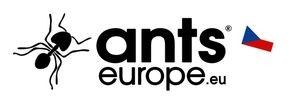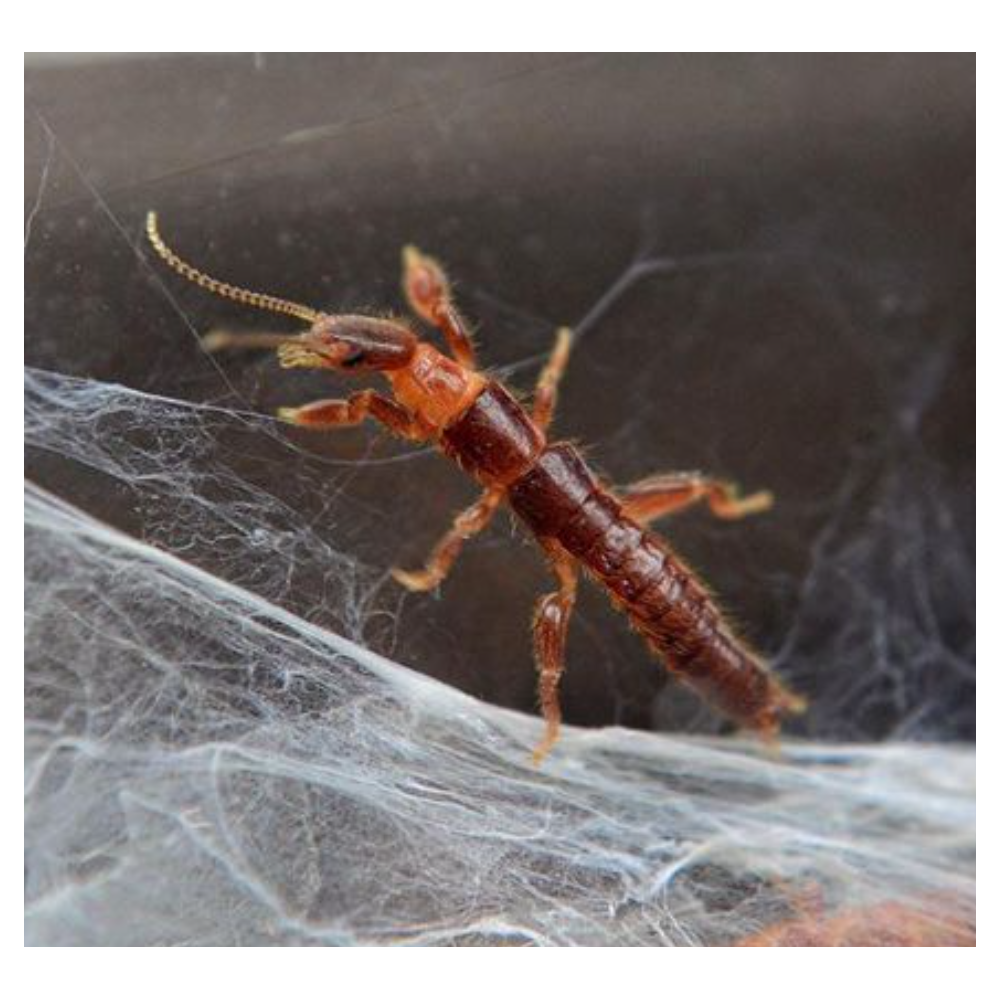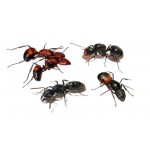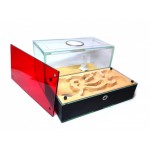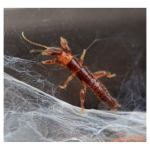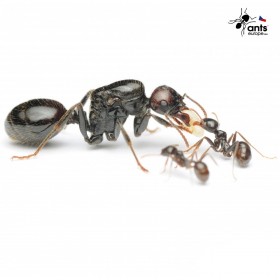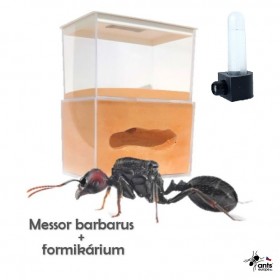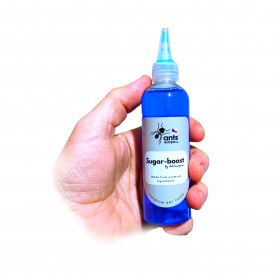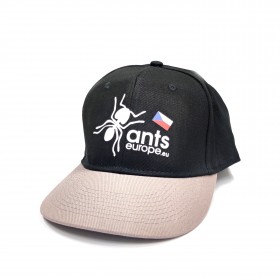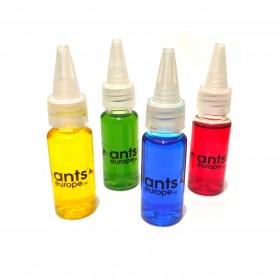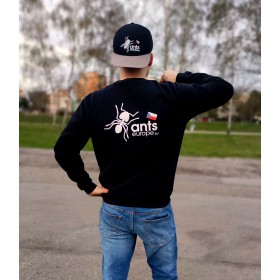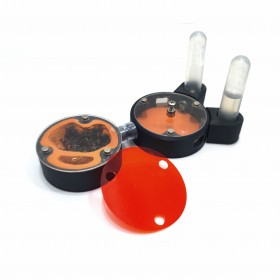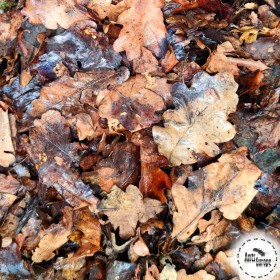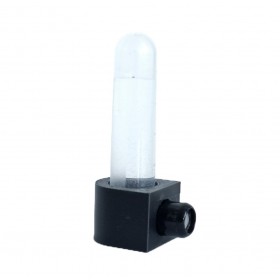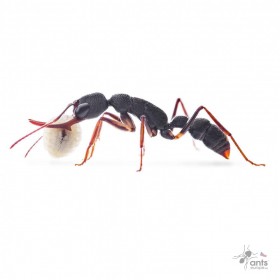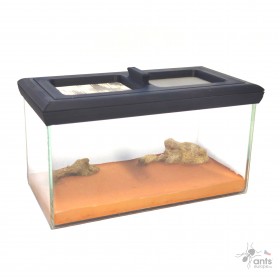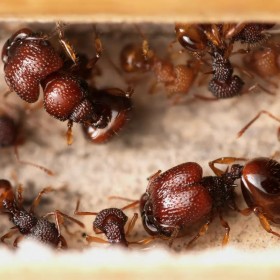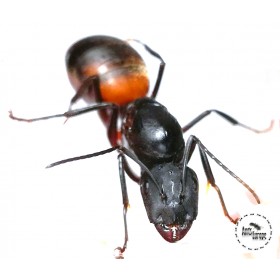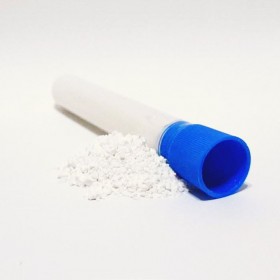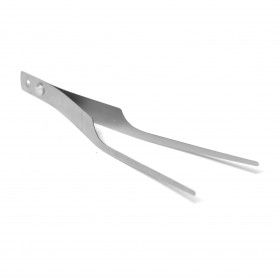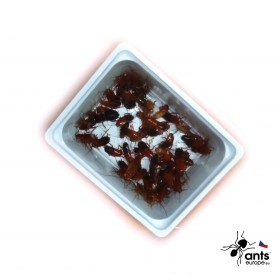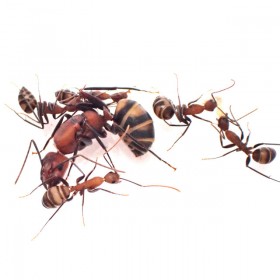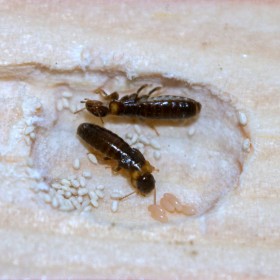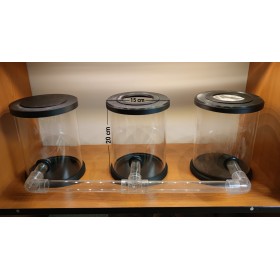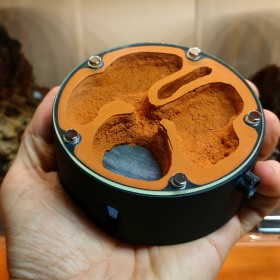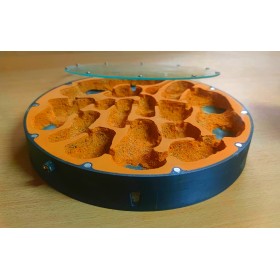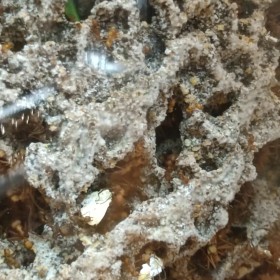Home
Subcategories
-
Messor barbarus (harvester...
Kč369.00For sale are young queens from 2021 nuptial flight. After hibernation queens will lay eggs.
Messor barbarus lives in the southern part of Europe up to North Africa. With their mandibles, they cut ears of grass and seeds, which are transported over long distances to the nest. From the collected seeds, the workers create dough / bread, which is a source of carbohydrates and proteins. Messor barbarus is a polymorphic species of ant, in the nest there are different sized individuals with different roles.
-
-
-
Sugar-boost 120 ml
Kč299.00Newly developed honeydew tested by the ant keepers themselves involved in a several-month testing program. Lasts up to 6 months at normal room temperature. The special recipe of the preparation does not create a fungal coating, as we know from homemade honeydew or sugar water. The bottle is packed with a plastic applicator about 8 cm long, thanks to which it is possible to apply the smallest micro droplet of honeydew deep into a narrow tube. For longer shelf life, it is recommended to store the bottle in a refrigerator.
You can choose from the following color variants of Sugar-boost:
- Yellow
- Blue
- Green
In the message at the end of the order, please let mě know the color variant you wish.
-
-
-
-
-
-
-
-
-
-
-
-
-
-
Camponotus habereri
Kč1,599.00Endemic Camponotus with beautiful striped patterns on the gaster living only on the island of Taiwan. It is a wonderful species of ant with three unusual body colors: red, yellow and black. Queen size 15-16 mm, worker size 7-13 mm. Arboreal species preferring a drier nest and a higher supply of honeydew/sugarwater.
-
Termiti Kalotermes flavicollis
Kč1,990.00Kalotermes flavicollis is a robust species of termite from southern Europe. Its keeping is simple (damp, suitable wood, darkness, room or higher temperature). Suitable for beginners. For sale are the king and queen with the first eggs / brood.
Check availability at obchod@antseurope.eu
-
-
-
-
